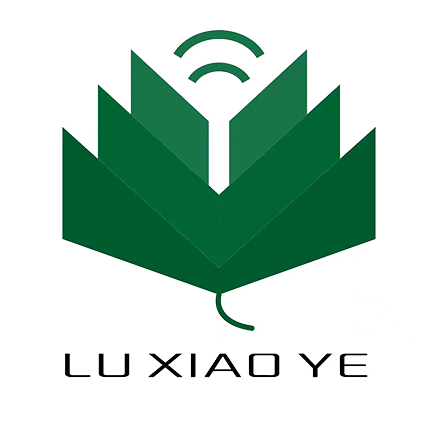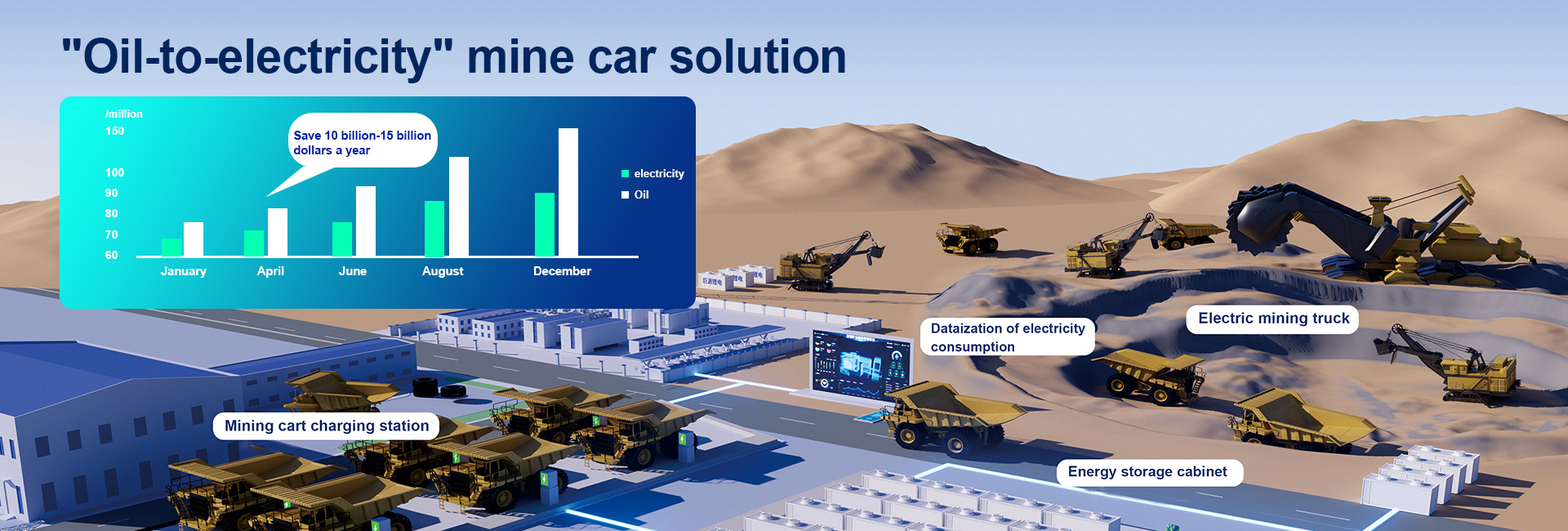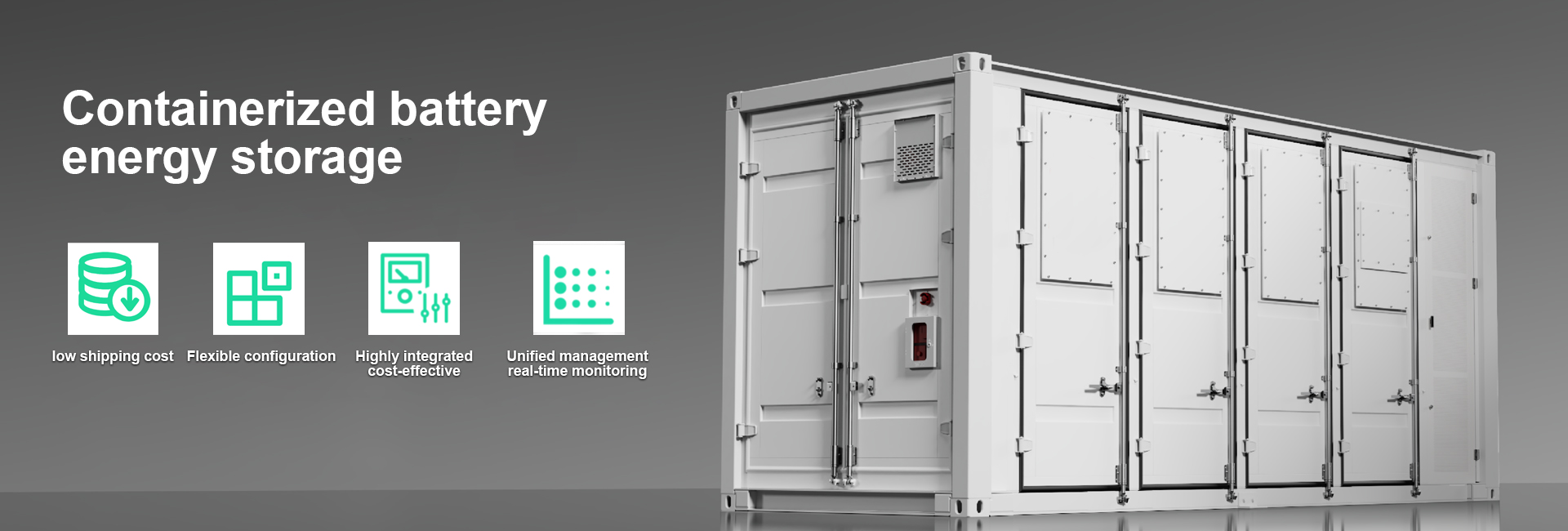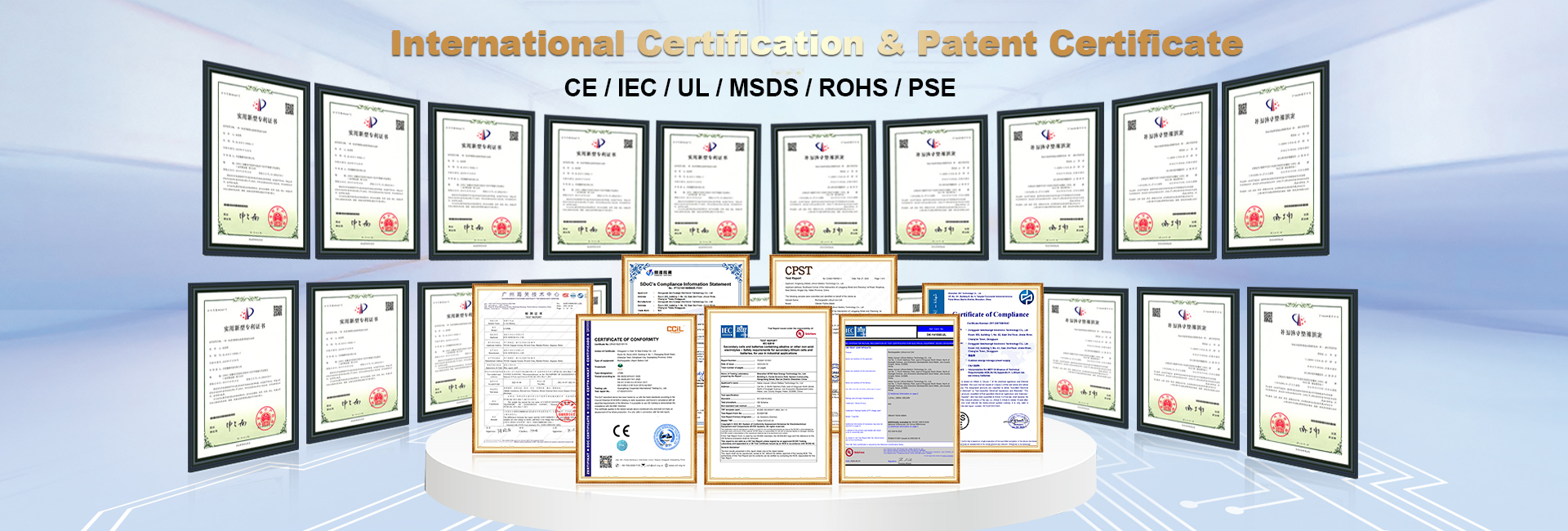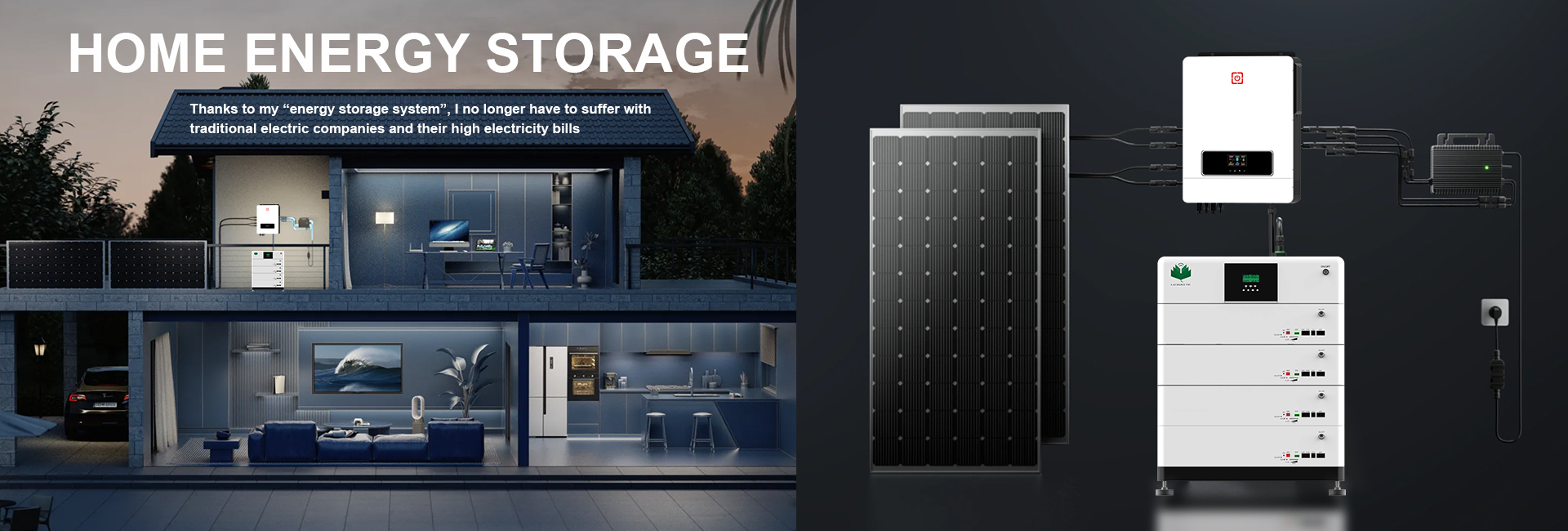Harnessing the Power of the Sun: A Guide to Solar Panels
2023-05-13
Introduction:
As the world seeks sustainable and renewable sources of energy, solar power has emerged as a shining star. Solar panels, also known as photovoltaic (PV) panels, have revolutionized the way we generate electricity by harnessing the abundant energy of the sun. This article delves into the fascinating world of solar panels, exploring their technology, benefits, and the significant role they play in the transition towards a greener future.
How do Solar Panels Work?
Solar panels convert sunlight into electricity through a process called the photovoltaic effect. The panels consist of multiple photovoltaic cells made of semiconductor materials, usually silicon. When sunlight hits these cells, the photons in the light excite the electrons, allowing them to flow through an electric circuit. This flow of electrons generates a direct current (DC) that can be converted into alternating current (AC) for everyday use.
Benefits of Solar Panels:
2.1 Clean and Renewable Energy: Solar panels produce clean energy without emitting harmful greenhouse gases or pollutants. By utilizing the virtually limitless power of the sun, we reduce our reliance on fossil fuels and mitigate the environmental impact of traditional energy sources.
2.2 Cost Savings: Investing in solar panels can result in significant long-term savings. Once installed, solar panels can generate electricity for decades, reducing or eliminating monthly electricity bills. In some cases, excess energy produced by solar panels can be fed back into the grid, earning credits or payments through net metering programs.
2.3 Energy Independence: Solar panels provide individuals, businesses, and communities with a degree of energy independence. By generating their own electricity, they are less vulnerable to rising energy costs and fluctuations in the energy market.
2.4 Low Maintenance: Solar panels require minimal maintenance, as they have no moving parts and are designed to withstand various weather conditions. Regular cleaning and occasional inspection are usually sufficient to keep them functioning optimally.
Solar Panel Installation:
3.1 Site Assessment: Before installing solar panels, a site assessment is necessary to evaluate the location's solar potential. Factors such as roof orientation, shading, and available space need to be considered to maximize energy production.
3.2 Professional Installation: It is advisable to hire a professional solar panel installation company to ensure proper design, installation, and electrical connections. Certified installers have the expertise to navigate permits, interconnection agreements, and safety regulations.
Types of Solar Panels:
4.1 Monocrystalline Panels: Made from a single crystal structure, monocrystalline panels are known for their high efficiency and sleek appearance. They are a popular choice for installations with limited space.
4.2 Polycrystalline Panels: Polycrystalline panels are made from multiple silicon crystals, making them more affordable than monocrystalline panels. While slightly less efficient, they offer a cost-effective solution for larger installations.
4.3 Thin-Film Panels: Thin-film panels use a different technology, depositing photovoltaic material onto a substrate. They are lightweight, flexible, and can be integrated into various surfaces. However, they generally have lower efficiency than crystalline panels.
The Future of Solar Panels:
The future of solar panels is promising. Advancements in technology are driving increased efficiency, durability, and affordability. Researchers are exploring new materials, such as perovskite, to enhance performance further. Additionally, energy storage systems, such as lithium-ion batteries, are increasingly paired with solar panels, enabling round-the-clock access to clean energy.
Conclusion:
Solar panels represent a beacon of hope in the quest for sustainable energy solutions. With their ability to harness the sun's power and convert it into clean electricity, they provide numerous benefits ranging from environmental
123
